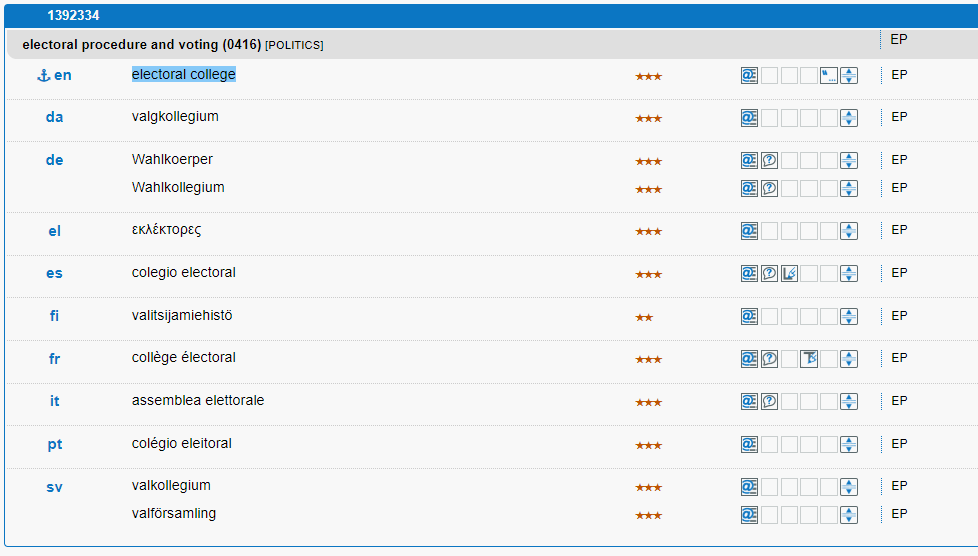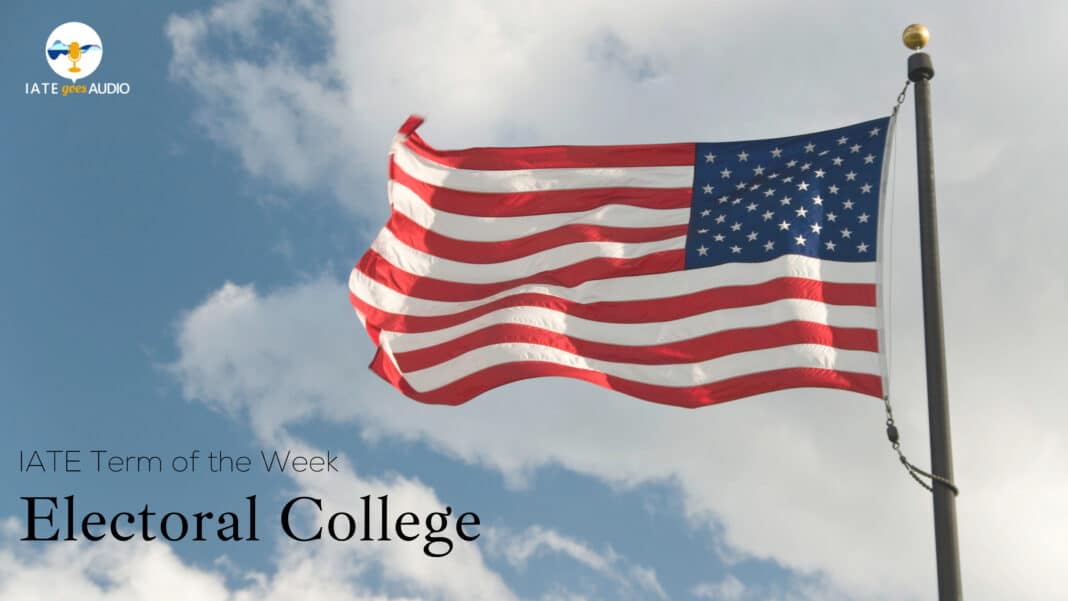Electoral systems worldwide are among the most specific expressions of a country’s culture. Since modern times, democratic countries have defined their voting and election processes to choose people’s representatives and establish governments; whichever the system, the ideological beauty of it is undeniable.
This year, the presidential elections in the U.S.A. offer the opportunity to understand more about a fundamental process in the American election system: the Electoral College.
Although the name might suggest a physical place, the Electoral College is in fact a process established by the American Constitution as a compromise between the popular vote by citizens and the vote by the Congress in the election of the President and Vice President. To this purpose, political parties select 538 electors – one for each senator and representative, and three additional electors for the District of Columbia – in each state; a majority of 270 out of 538 electors is required to elect the President.
On Election Day, citizens cast their votes for one of the presidential candidates and implicitly also for the appointed electors, whose names are not always specified on the ballot. All States (except for Maine and Nebraska) have a “winner-take-all” policy, so only the overall winner of a state’s popular vote counts, and the entire group of electors (the so-called “slate”) is assigned to either one or the other candidate. Once the majority of 270 electors is reached, the elections’ outcome is basically decided.

This IATE Term of the Week is dedicated to the term Electoral College, recently under the spotlight in all international news dealing with the U.S. elections. The term is also used generically to describe “a group of people whose job is to choose a political or religious leader” (Cambridge Dictionary), but it is mostly known in the context of the American electoral system.
Because of its complexity, the Electoral College faces frequent criticism, but changing it would require a constitutional amendment. Luckily, updating a term entry in IATE is much easier, and it is done quite frequently by EU terminologists!

This week, you can tune in to another IATE goes Audio feature: click below to listen to ‘Electoral College’ explained in English.
References
The U.S. National Archives and Records Administration. 2019. What is the Electoral College?. [ONLINE] Available at: https://www.archives.gov/electoral-college/about. [Accessed 12 November 2020].
USAGov. 2020. Presidential Election Process. [ONLINE] Available at: https://www.usa.gov/election. [Accessed 12 November 2020].
Cambridge Dictionary. 2020. Electoral College. [ONLINE] Available at: https://dictionary.cambridge.org/it/dizionario/inglese/electoral-college. [Accessed 12 November 2020].
Written by Marina Niceforo

